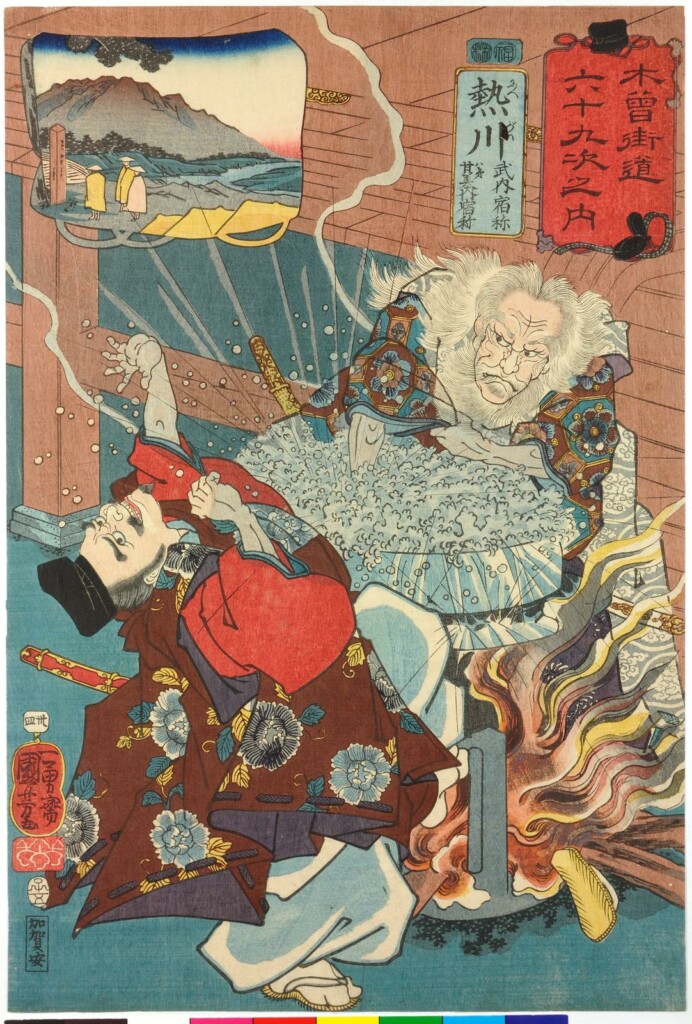
ADVERTISEMENT - CONTINUE READING BELOW
3. Some magistrates ordered trial by ordeal as a substitute for judicial combat
When two parties accused each other of a crime, it became difficult for magistrates to use ordeal as a means of establishing which was guilty. If both were ordered to undergo trial by fire, for example, both were likely to emerge with the burns which pointed to their guilt. Divine intercession did not occur with regularity in the medieval judicial system. This had ramifications for others, for example in the cases of property boundary disputes between families. If both were guilty, how could the dispute be adequately resolved by the learned magistrates? Another form of trial by ordeal emerged, popular among the Germanic tribes in the early Middle Ages. It involved both parties in a dispute, requiring them to participate in an ordeal of the cross. Emperor Charlemagne was so enthralled with the ordeal he twice ordered its use to resolve legal disputes as the preferred method.
The disputing parties were commanded to appear in a public place, usually, a churchyard or village square, where a large cross was erected. The parties stood on either side of the cross, holding their arms extended as if they had been crucified. The first of the parties to weaken and drop his arms was adjudged to be guilty of whatever he had been accused of. Presumably, divine intervention strengthened the arms of the innocent. Though popular with the Germanic people and Charlemagne, Louis the Pious, King of the Franks, found it a distasteful belittling of the Crucifixion. He abolished the practice throughout his realms in 819 AD, thirteen years after Charlemagne had prescribed it. Rulers of Italian and other lands in western Europe agreed with Louis, and the ordeal of the cross fell into disfavor by the 10th century.

